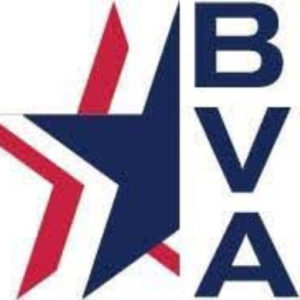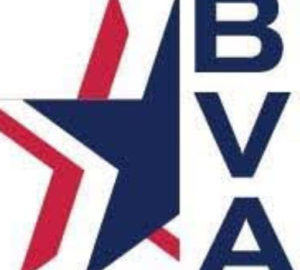In this week’s BVA Happenings, Deputy Director of Government Relations Alek Libbin names a few useful sources of information for keeping abreast of legislative issues nationally.
The subject of a previous blurb was the chaos created by the removal of the Speaker of the House of Representatives. After a turbulent 22 days, the drama seems to have settled for the time being with this past Wednesday’s election of Representative Mike Johnson (R-LA-4) to the Speakership.
The House has resumed legislative activity and negotiations with the Senate and White House can now occur to avoid a government shutdown in November.
The relatively unexpected recent events place an exclamation mark on the importance of keeping abreast of what Congress is doing at any given time, especially when there is a concern for, or an interest in, specific issues that affect us. At BVA such legislative issues are, of course, those that, on a national level, affect the veteran community, the blind community, or both.
Daily proceedings in the House and Senate can be very difficult to navigate and keep track of. However, knowing where and when to find information makes all the difference. For example, if you just want general information and only want to know when critical events are occurring, any national news source can be helpful, whether it be sources such as the Fox News Channel in the early evening, NBC Nightly News, Reuters, or the New York Times. The national news media outlets do a decent job of keeping track of Congress and breaking stories about major legislative action that affects the average American.
For more tailored and detailed information that covers specific issues and interests, The Hill, Politico, and Roll Call are publications that cover Congress and the Federal Government from their own vantage points and, in some cases, their own biases. I start my day by reviewing these sources to ensure I am up to date with respect to the big picture before diving into specific areas.
If you wish to be informed on specific committees, Members of Congress, or even bills, Congress.gov is your all-in-one solution. It allows you to set up alerts for committees, members, bills, hearings, bill actions, and votes. In my case, I have alerts scheduled every week for the House and Senate Committees on Veterans Affairs to make sure I know when hearings are occurring. My focus, of course, is on bills supported by BVA.
Other helpful sources still are Google alerts that can be set up to send press releases or news blasts from Congressional offices and committees on specific topics.
Every committee in Congress has not one but two websites—one for the majority party and one for the minority. Each site provides updates and press releases for that committee’s party, which means that information is often presented very differently. The two might even starkly contradict one another while discussing the same topic or proposed legislation.
Still another source can come from alerts sent directly from the office of a member or committee. Go to their website and sign up for updates to include press releases and virtual townhalls. Be certain that you visit the Member’s government site and not their campaign website. Otherwise, you will receive solicitations for donations rather than news updates.
While it is certainly true that every source has at least some bias, and that two sources may be contradictory, and that some sources are more valuable than others, with time you will get a knack for finding information and becoming more educated in legislative affairs, even with all the complexities and varieties of issues that are part of House and Senate business. Being an informed citizen is critically important for everyone in our democracy and, with today’s tools, you can remain informed on virtually any legislative issue that interests you.


